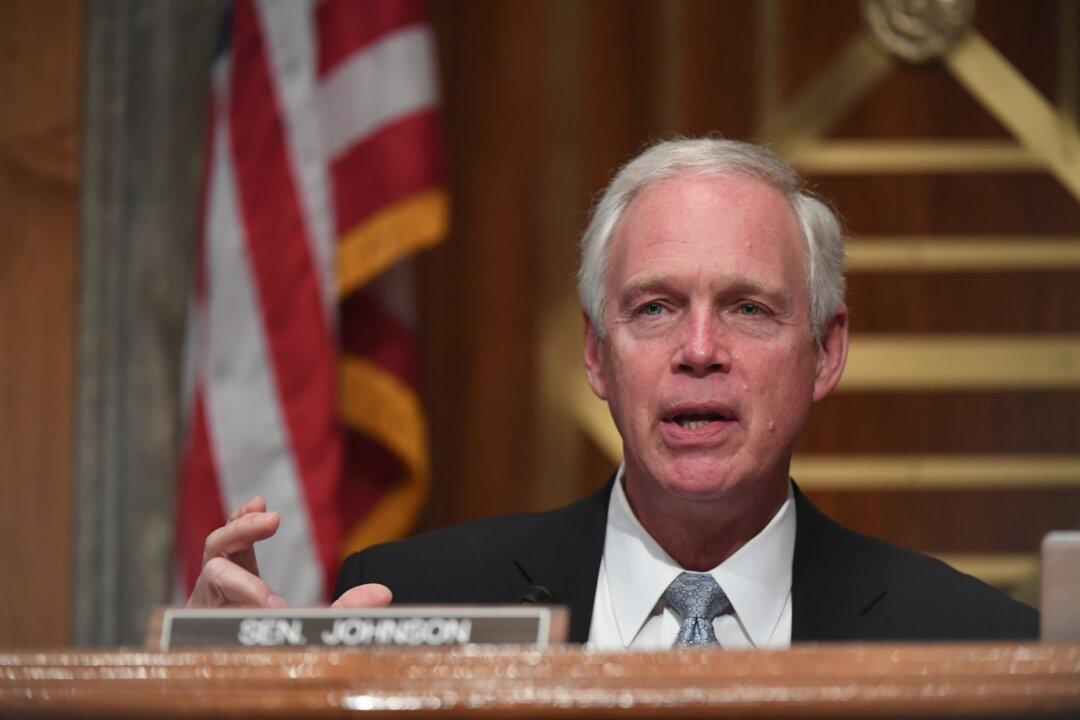A Senate committee on Sept. 16 authorized its chairman to issue subpoenas for 40 people, including former FBI Director James Comey and Cambridge professor and informant Stefan Halper, in the committee’s review of the FBI’s counterintelligence investigation against Donald Trump’s campaign.
The 8–6 party-line vote took place during a Senate Homeland Security and Governmental Affairs Committee meeting in Washington.





